
In his native homeland
Germany
, Sebastian Koch has been long famed for his theatrical and
television performances. Having also starred in numerous German
films, it was last year’s film THE LIVES OF OTHERS that captured
American audiences and the Academy’s attention, winning the 2007
Academy Award for Best Foreign Language Film among other German
awards. In his latest film BLACK
BOOK, Koch plays good-hearted Nazi chief Ludwig Muntze who
falls for Jewish girl (Carice van Houten) and wishes to end the
atrocities committed by the Nazis during WWII.
Koch has a powerful, unassuming and intimidating on and off
screen presence that is very enchanting. He is a compassionate,
charming and handsome man who emanates a quiet air of mystery and
allure. You
can’t help but envy his palpable romance with costar Carice van
Houten who was justifiably and admittedly smitten by his magnetic
appeal from the start. Having scored a part opposite Susan Sarandon
in next years film ELEANOR & COLETTE indicates that we will
hopefully be seeing much more of him. I recently had the pleasure of
meeting Koch to talk about his film career, portraying a Nazi and
working with Verhoeven on his soon to be released BLACK BOOK. Check
out what the sexy German had to say.
Sebastian
Koch

How did you manage to
get out of LA right after the Oscars and make it here the next
morning for this interview?
We were completely drunk.
We were getting picked up at 5:30 [a.m.] from our hotel so it
wasn’t possible for us to sleep.
After
New York
we are heading to
Miami
and then
Europe
so we had six or seven big bags, were completely drunk and didn’t
know where to go. It was
really funny.
How much research did
you have to do for your part in this film as a Nazi Officer?
I’ve played a lot of [roles like this one in previous
films]. I started with
STAUFFENBERG, which was the attempt to go against Hitler but it
failed. After that I
played Albert Speer [in SPEER UND ER] who was the architect to
Hitler and one of the most evil people in his crew.
Playing these roles, which were completely different, was
such a big responsibility for me because everyone knows [of their
existence] in Germany and in the world.
So I read everything about the Gestapo and know all the names
[related] to Hitler. I
have to know it to play these parts so I was very well prepared this
time.
How would you describe
Muntze?
He’s a very nice man. He
believed in the Nazi at the beginning of it and discovered probably
very soon that there was something wrong.
I think that there were people like [him]; like Schindler.
There weren’t a lot but there were a couple of people who
tried to be human beings in that system.
He tried to avoid bloodshed, to avoid these horrible orders
and in a way he saved a lot of people.
Then he fell in love with this Jewish girl and changed the
times. I think as an
actor it’s a great challenge to play such a man because in the
beginning you have to be afraid of him because he’s a Nazi and
then slowly you see he’s a good hearted man.
In this film and in THE
LIVES OF OTHERS, you play characters that are almost 2 sides of the
same coin. It’s
interesting how you bring out the interrelated elements within your
characters in both films.
I think every character has to be that way.
I think the most interesting characters are those in which
you can see both sides. I’m
very picky when saying yes to a script.
I take a very long time to decide myself because I spend a
lot of time with this and so Io take parts where I think I can take
something from my life as well.
It must be interesting for me.
Most of these characters are not black and white.
They [have] more [depth].
Were you a Verhoeven
fan before doing this film?
I knew the Hollywood Paul [with films like] BASIC INSTINCT.
I think he really changed the cinema landscape.
After BASIC INSTINCT for example, this type of film had a new
name like erotic thriller, which didn’t exist before.
STARSHIP TROOPERS had so many special effects.
I think he’s a man who sets new tracks and is always
[paving] the way. I’m
very similar in that way. I don’t do things that I’ve already
done. It’s annoying.
I think as an artist you need to [accept] the possibility to
fail and you need the risk. If
it’s not there, then you’re senses aren’t there.
Paul is definitely like that.
He’s always in search of something else.
You were also in the
movie AMEN that is another interesting look at the war period.
Having portrayed diverse characters in the different war
films, what did you learn about the Nazi period?
As a German, I feel that my country is still suffering
because of this period. The
Germans are still having the problem of being self conscious when
singing or waving German flags.
When I was younger it wasn’t at all possible to do that.
A German felt too guilty [to wave a flag] because it meant
Heil Hitler. I was
always interested in going back to this period to talk in a
different way because after the war nobody talked about it.
Then in 1968 with the RAF bombings, the [younger generation]
was begging [for information]. They
were crying for help and begging their parents to tell them what
they did during this war period.
The parents would reply “nothing”.
My generation I think was able to talk about this period in a
serious way because there was enough distance [from that time
period].
Carice van Houten has
such a shocking presence in every scene.
What was it like working with her?
First of all I have to agree with you.
She was wonderful and I love it so much that she doesn’t
suffer so much in this part. You
can play this part completely different because the whole suffering
[and burden] is on her shoulders. She played it in a different way
and I’m grateful for that otherwise you couldn’t stand this
movie. When I met her,
we immediately [shared] a [common] sense of humor between us.
With the sex scenes and the died pubic hair, we were lucky to
build an immediate relationship where we kept talking and talking
like an old couple. You need humor to play in these scenes otherwise
it’s ridiculous to take off all your clothes and pretend to make
love.
How did you prepare
mentally for the execution scene?
I tried to imagine how it would be and I didn’t have to act
it out so much.
Were you shocked when
THE LIVES OF OTHERS won the Oscar award?
I was completely in another world because I thought Guillermo
del Toro [would win.] I
was very moved by the trailer they showed for the foreign language
category and then when they announced the Oscar for THE LIVES OF
OTHERS, it was one of the better moments in my life.
Are there any American
actors or directors you are interested in working with?
Definitely but I don’t believe in knocking on doors.
I never did that. I
don’t believe in searching. My
life has been so rich that people have come to me after seeing me in
a movie. Until now it
has worked perfectly and I believe in that.
I have tried to keep that belief and to do [projects] I
believe in. This [movie]
was like a dream. It was
such a pleasure to meet [Verhoeven].
He made so many incredible movies and he’s so wonderful as
a director and [person]. You
can learn a lot from people like that.
Were you sad to see
Muntze get executed or did you consider the alternative reality if
he had survived?
He never would have made it after the war.
Is there anything that
surprised you about Verhoeven while working with him?
I liked him when I met him because he is so full of good
energy…he’s very pure [in his filmmaking].
He’s so authentic in his movies and they’re [moving].
You will react to [his films]. After
BLACK BOOK, it’s like coming out of a washing machine.
He tricks you and I like that.
Not only the actors but also the audience.
The adaptation of this pure energy into cinema is very rare.
Did you have any fears
in regards to the film’s reception by the Jewish community?
I’m very happy that the Jewish people love this movie
because this is not clear. We
were in Los Angeles at the director’s guild and John Magnus was
moderating the Q and A and he suddenly goes on a rampage yelling
“F**king Nazis!” It
was completely outrageous. I
was on stage and he was looking in my eyes.
I can feel there is so much emotion of course and anger; and
they are all right. But
I’m sitting there and all I can feel is sorry for the situation
because I had nothing to do with it.
On the contrary I try to talk about it and approach all point
of views. I understand
it was horrible.
Are you interested in
staying in Berlin or would you consider moving?
Now I’m in Berlin and Amsterdam…I mean [Carise and I]
definitely want to do something together.
I have a daughter in Berlin and she’s eleven.
Probably she needs about one or two more years, and then I
can go wherever I want.
What about going to
Hollywood?
I’m ready for it to do a good script, why not.
I’ve had it with the bad German right now.
I don’t want to play the bad Nazis here because
I’ve done it. I
won’t do that because I have a lot of good offers in Europe.
Did you find it
different working in the French film industry as opposed to the
German or American?
The French are definitely different.
They start [filming] at 1:00 after lunch.
Germans start at 6:00 in the morning when it’s dark.
You have to be ready at 7:00 am.
[The French] are very relaxed which I like very much and they
make wonderful movies. I
was always an admirer of French movies when I was young.
(At this time, Carice van Houten reenters the room and
whispering to Koch asks for the room key.
They both blush brightly looking like two teenagers in love.
We all start to giggle.)
We are both great blushers.
When we asked van
Houten about collaborating with you, her smile was so wide it lit up
the entire room.
We were shooting one scene when we were in love already and
she blushed in every take. Even
in the [scene] at the railway station when were walking out and I
left with the suitcases, she [turned red] like a tomato.
Which French directors
have you worked with?
[I worked with] Jean-Louis Bertucelli.
I did it for the money to support my theatre and then there
was Rene Allio. He was
very intellectual and he’s been dead for 10 years. He did an
adaptation of the novel TRANSIT.
It’s a very wonderfully written novel and he made the film
and [cast] me as the main actor.
That was the first [realization] for me because I [thought]
it was something for me. Allio
took me to every rushes every night – 75 plays probably – so I
got a tremendous feeling for the frame for example because of that
and few directors did that. That was very important for me for my
first experience. He was
so fine and sensitive with things and I loved it. And I thought this
was definitely something for me.
Then the theatre in Germany went really downhill so I left
and started to do films.







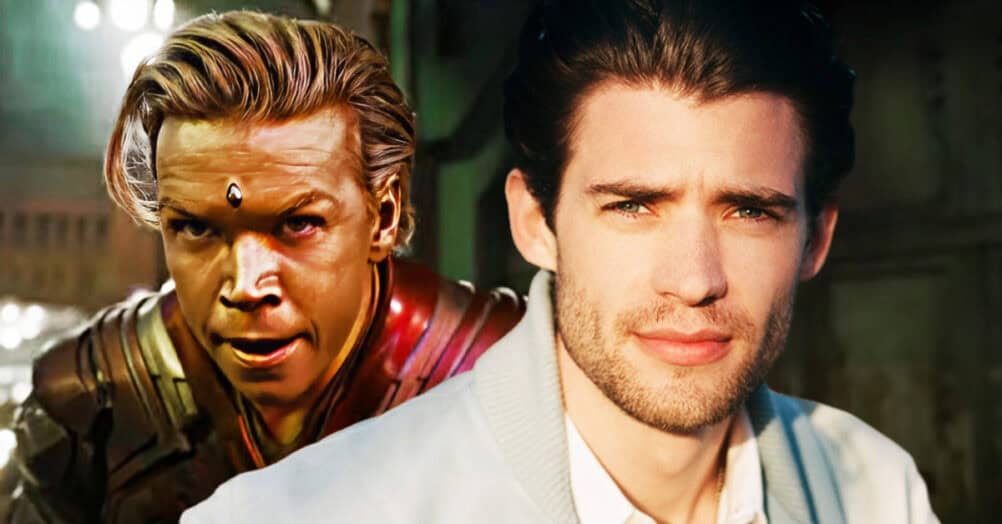
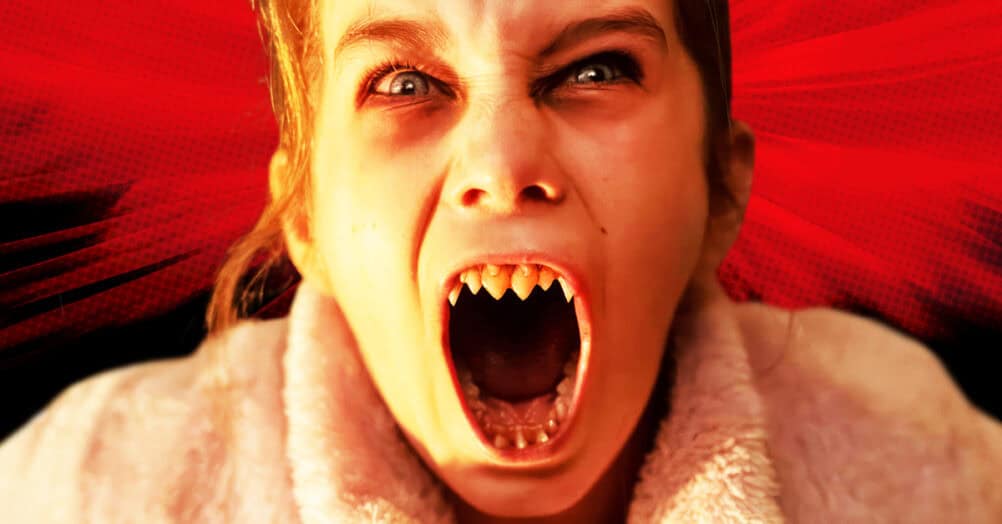

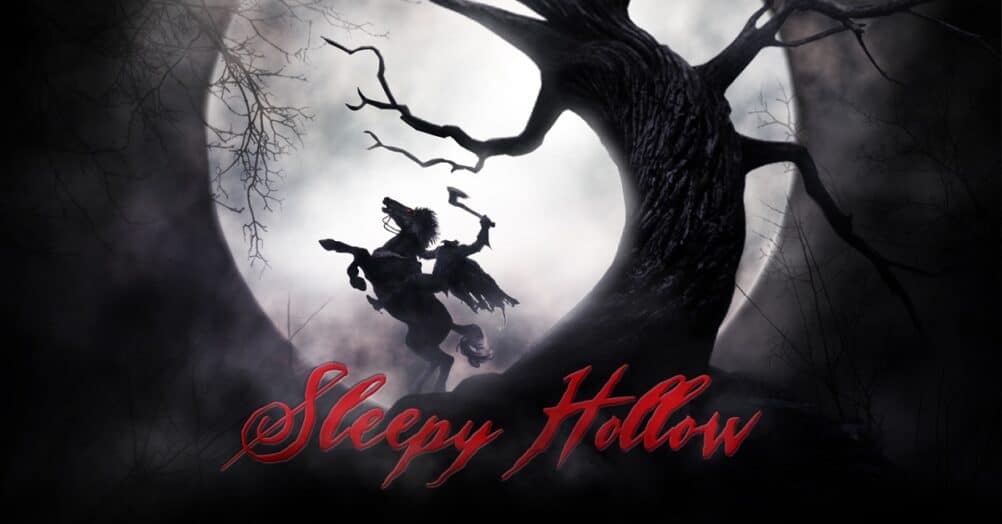
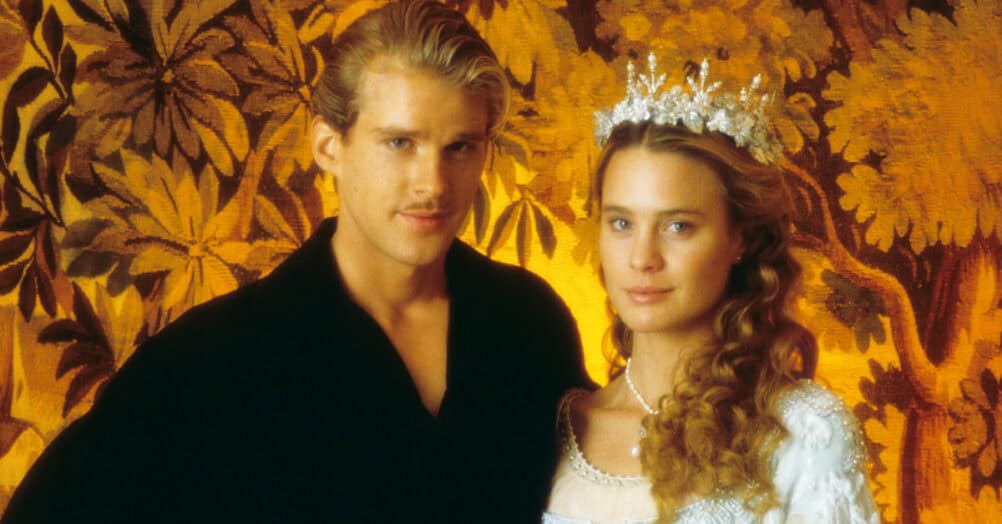



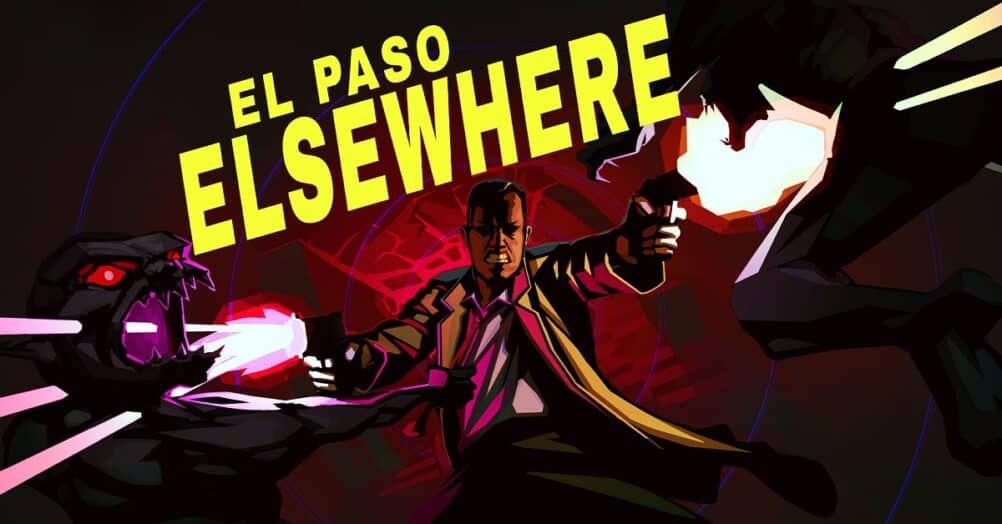
Follow the JOBLO MOVIE NETWORK
Follow us on YOUTUBE
Follow ARROW IN THE HEAD
Follow AITH on YOUTUBE